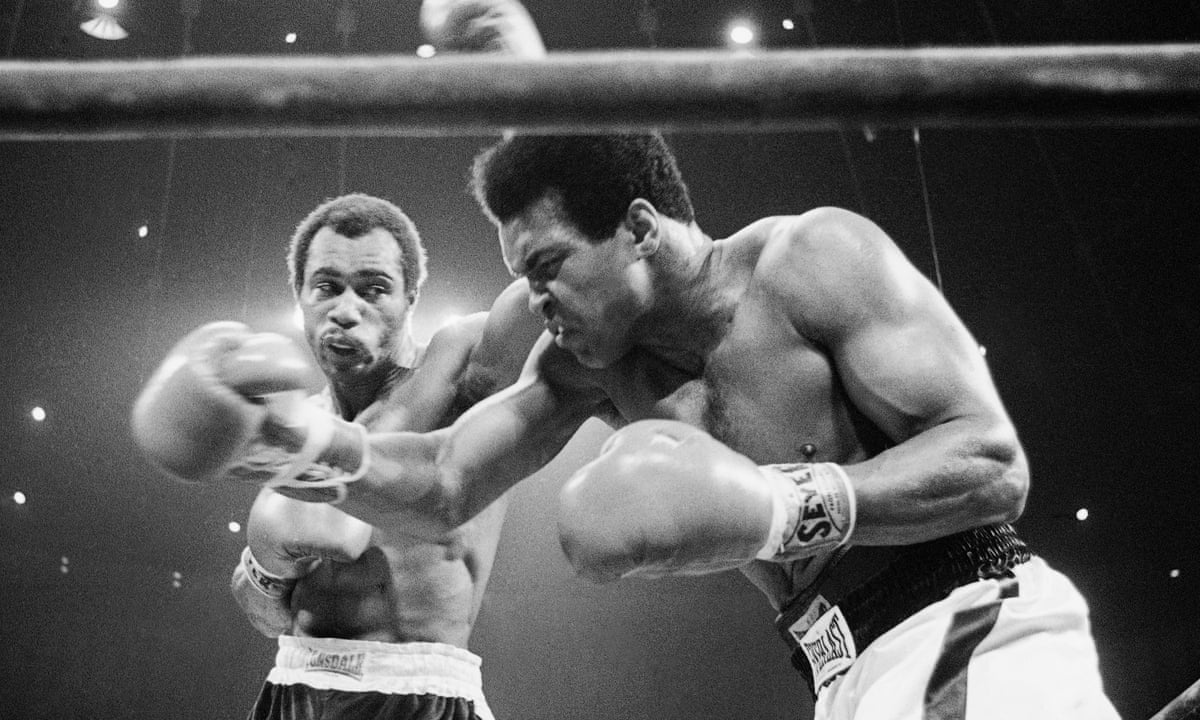The negative effects of boxing include brain damage and chronic traumatic encephalopathy (CTE). Boxing has a dark side.
While it may seem thrilling and intense, the sport can have severe consequences for the health of its participants. The primary negative effect of boxing is the risk of brain damage. Repeated blows to the head can cause long-term brain injuries and increase the likelihood of developing chronic traumatic encephalopathy (CTE).
This degenerative brain condition can lead to memory loss, cognitive decline, and even early onset dementia. Furthermore, boxers are also at risk of other physical injuries like broken bones, eye damage, and internal organ damage. Despite its popularity, it’s crucial to consider the potential negative impacts of boxing on the well-being of the individuals involved.

Credit: www.theguardian.com
Table of Contents
Physical Impact
Boxing is a physically demanding sport that can have negative effects on the body. The brain is particularly susceptible to injuries due to repeated blows. This can lead to devastating consequences such as concussions, cognitive impairments, and even long-term brain damage. Additionally, facial trauma is a common occurrence in boxing, with fighters experiencing cuts, bruises, and fractures to the face.
Eye injuries, including detached retinas and damage to the optic nerve, can have a lasting impact on vision. Bone fractures are also prevalent in boxing, as the forceful punches can cause breaks in the hands, wrists, and ribs. Lastly, the long-term physical degeneration caused by boxing can take a toll on the body, leading to arthritis, chronic pain, and a decrease in overall physical health. It’s important to be aware of these negative effects and take necessary precautions to minimize the risks associated with the sport.
Psychological And Emotional Effects
Boxing, a sport known for its intensity and physicality, can have significant negative effects on a boxer’s psychological and emotional well-being. The cognitive decline caused by repetitive head trauma is a notable concern, with boxers being at a higher risk of developing memory loss and other cognitive impairments. Post-Traumatic Stress Disorder (PTSD) is another mental health toll that many boxers often face due to the constant exposure to intense and potentially traumatic situations in the ring.
Boxing can also contribute to increased aggression levels, both inside and outside the ring, as fighters become desensitized to violence. The sport’s demanding nature and the pressure to perform can lead to the development of depression and anxiety. Lastly, many boxers resort to substance abuse as a coping mechanism, highlighting the darker side of their struggles. It is important to recognize and address these psychological and emotional effects to ensure the well-being of boxers.
Societal And Ethical Concerns
Societal and Ethical Concerns
Boxing, like any other sport, has its fair share of negative effects on society. One of the concerning aspects is the influence of boxing celebrities as role models. These figures, admired by many, often perpetuate a culture of violence and aggression. This can lead to an increase in aggressive behavior among young people who look up to them.
Another dark side of boxing lies in the exploitation of vulnerable communities. Promoters often target impoverished areas, exploiting the dreams and aspirations of individuals who see boxing as a way out of poverty. This can lead to physical and mental exploitation, with fighters enduring grueling training and suffering long-term health consequences.
Gender inequality also plagues the world of boxing. Women’s boxing, despite gaining attention in recent years, still faces double standards and a lack of recognition. The opportunities for female fighters are limited, with fewer bouts, lower pay, and lesser media coverage compared to their male counterparts.
Mismatched fights pose a significant risk in boxing, as unequal opponents can result in serious injuries or even death. Despite regulating bodies’ efforts, instances of fighters being outmatched or overpowered by stronger opponents continue to occur, raising concerns about the safety and fairness of the sport.
Further controversy surrounds boxing’s influence on the youth. While some argue that boxing helps build discipline and character, others worry that it promotes violence and aggression as an acceptable means of conflict resolution. The debate over whether exposing young people to this sport is beneficial or harmful persists.
Conclusion
It is evident that boxing can have several negative effects on both the physical and mental well-being of boxers. The repetitive head trauma involved in boxing can lead to severe brain injuries such as concussions, chronic traumatic encephalopathy (CTE), and even long-term cognitive decline.
Additionally, the constant exposure to punches can cause various musculoskeletal injuries including fractures, dislocations, and sprains. It is important to acknowledge that boxing also takes a toll on a boxer’s mental health, with increased risk of depression, anxiety, and other psychological disorders.
Moreover, the aggressive and competitive nature of the sport can often promote a culture of violence and encourage the participation in dangerous and illegal activities. As the negative effects of boxing become clearer, it is crucial for both the industry and individuals to prioritize the health and well-being of boxers and consider safer alternatives in combat sports.